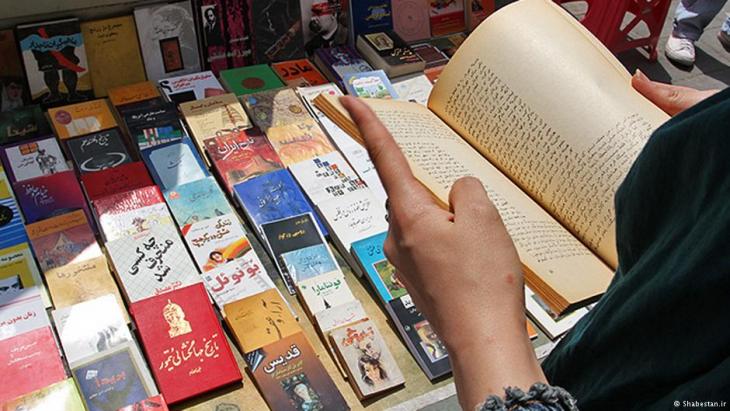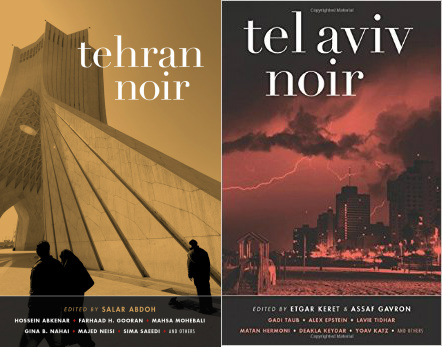Written by Ehsan Norouzi[1]
***
I read Catch 22 in high school, completely by accident. I found it in a box of books in an abandoned basement. I read it during my third-year quarterly exams, and it made me fail geometry. My ruined summer was worth my laughter while reading it, though. Amidst the structure of school and the terrifying purgatory of the pre-university year and its entrance exam, Catch 22 (Joseph Heller), The Good Soldier Švejk (Jaroslav Hašek) and other books like them provided a restless teenager like me with some respite. However, the joy of encountering Catch 22 in those teenage years, those dreamlike moments filled with satire that demanded a different kind of laughter, were the result of something else as well.
At the time, literature had not yet become my profession and reading was simply an act of pleasure, with no goal in mind. Later on, there would come a time when I couldn’t read an extraordinary sentence without thinking about how it could be translated into Persian. I lost the joy of reading. READ MORE…




